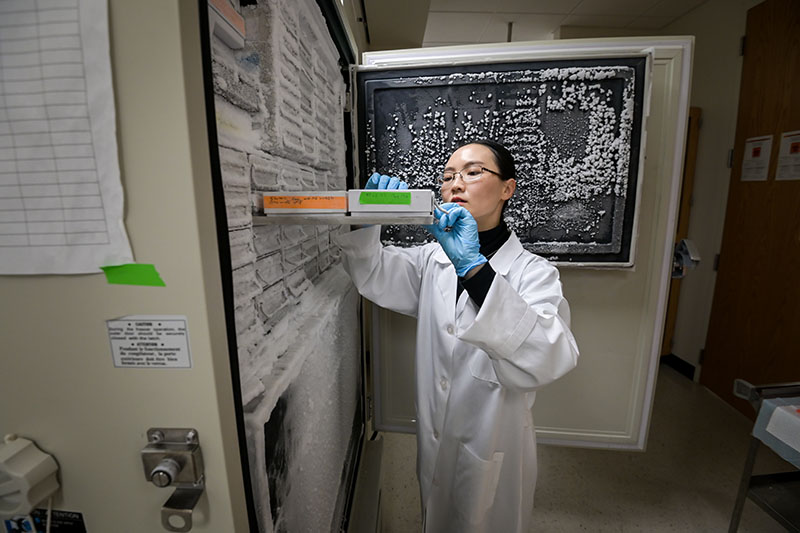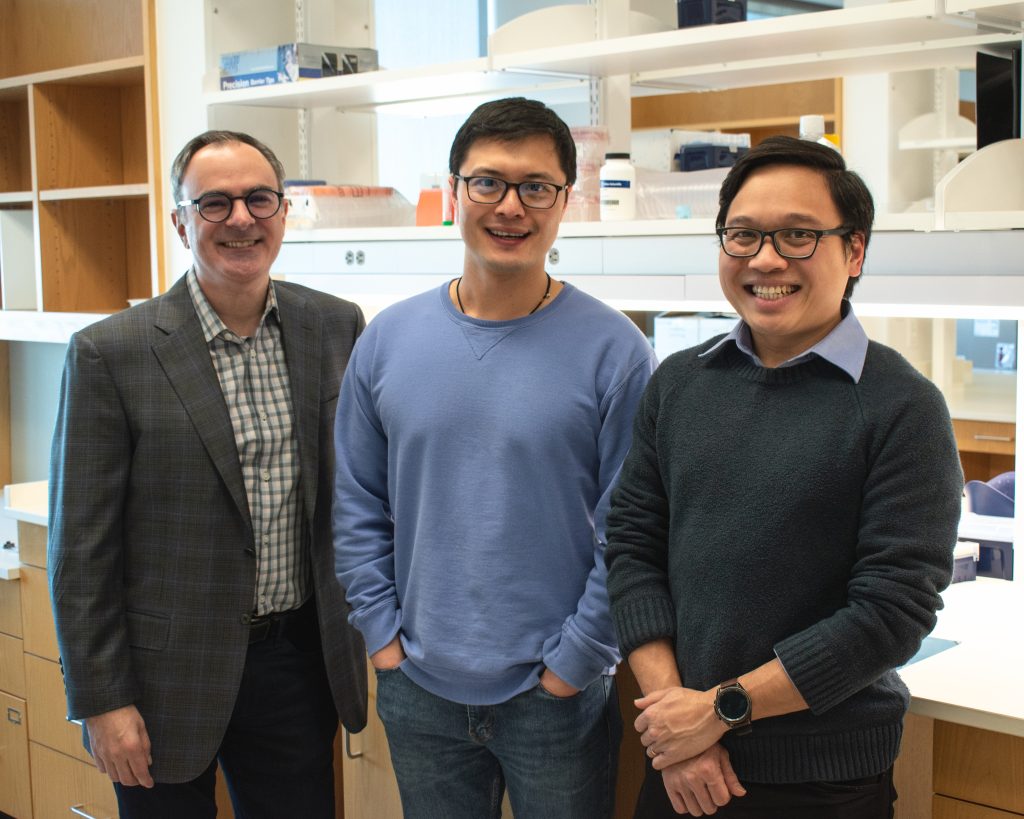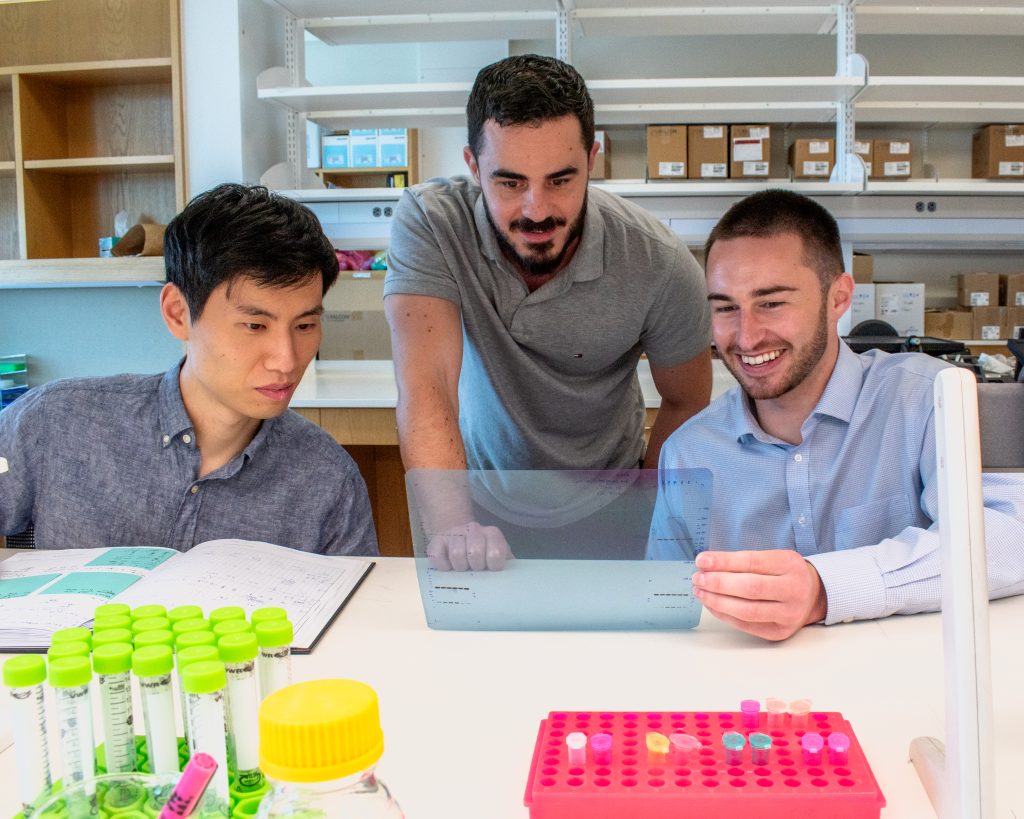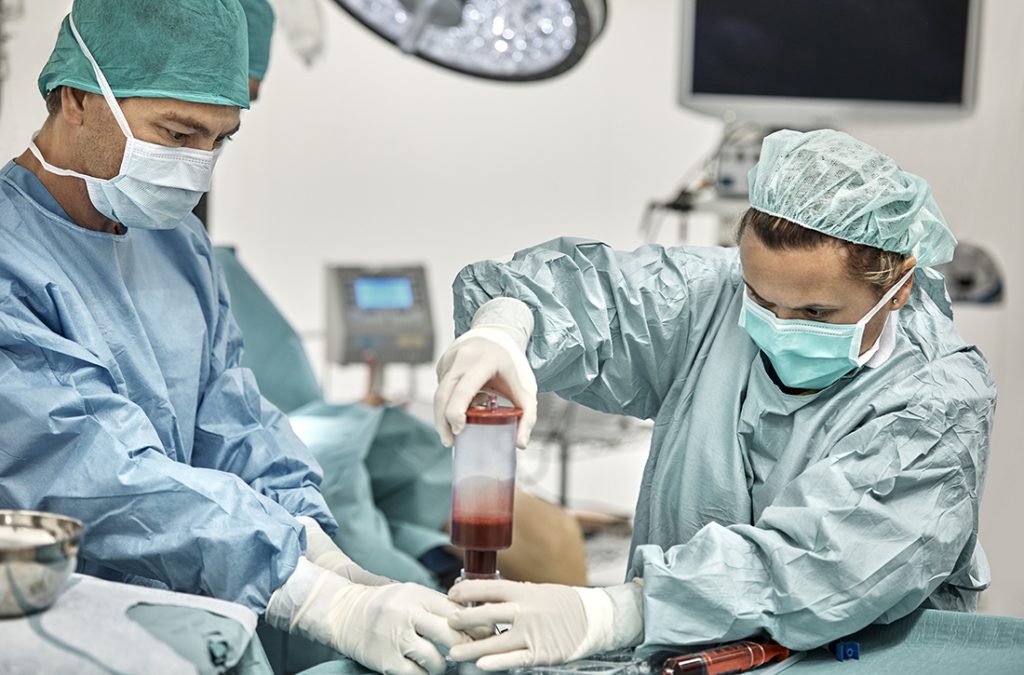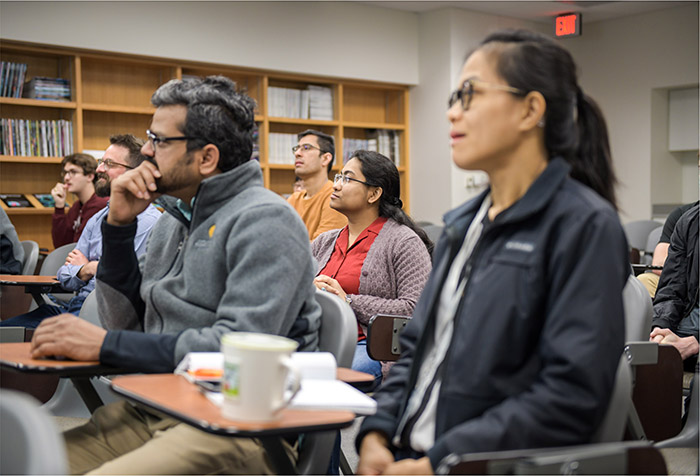November 2025
Zhu Lab: Scientists discovered liver cancers arise in specific metabolic zones, where premalignant cells exploit location-specific genes that promote cell survival by chemical detoxification. While hepatocytes in different zones have vastly different gene expression, scientists did not previously know where liver cancers most frequently arise. CRI Researchers discovered cells with Ctnnb1 and Arid2 mutations were preserved in zone 1 but disappeared in zone 3. Unexpectedly, Ctnnb1/Arid2-driven cancers were much more likely to arise in zone 3 than in zone 1 in aged mice. This zonal preference was significant because it also applied to other types of liver cancer caused by different mutations. Science 391:eadv7129

